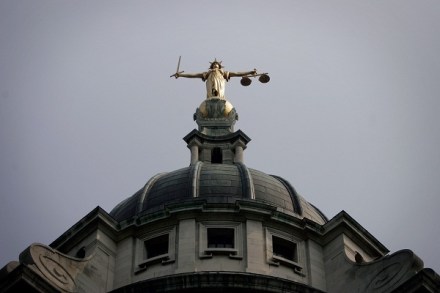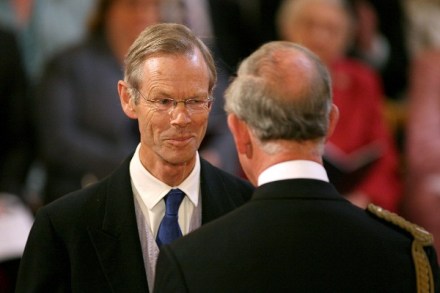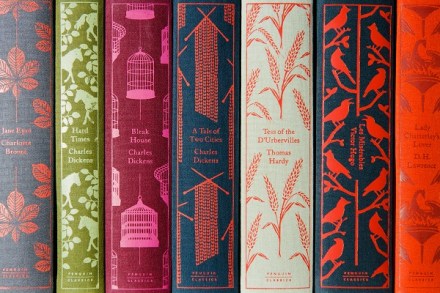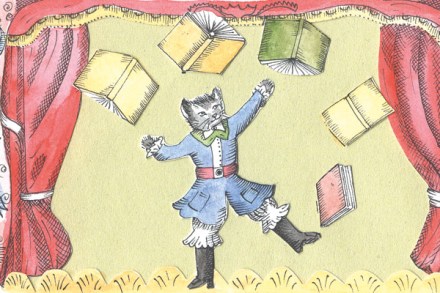His own man | 10 January 2013
More from BooksAcquainted with Stravinsky, friend of Ravel and Poulenc, prolific composer and well-loved man, Lennox Berkeley (1903-1989) remains an enigma to most of us even if we know little of his enormous output of songs, symphonies, ballets and spiritually inclined choral music. His close friendship and early collaboration with Britten, a decade his junior, will ensure
























